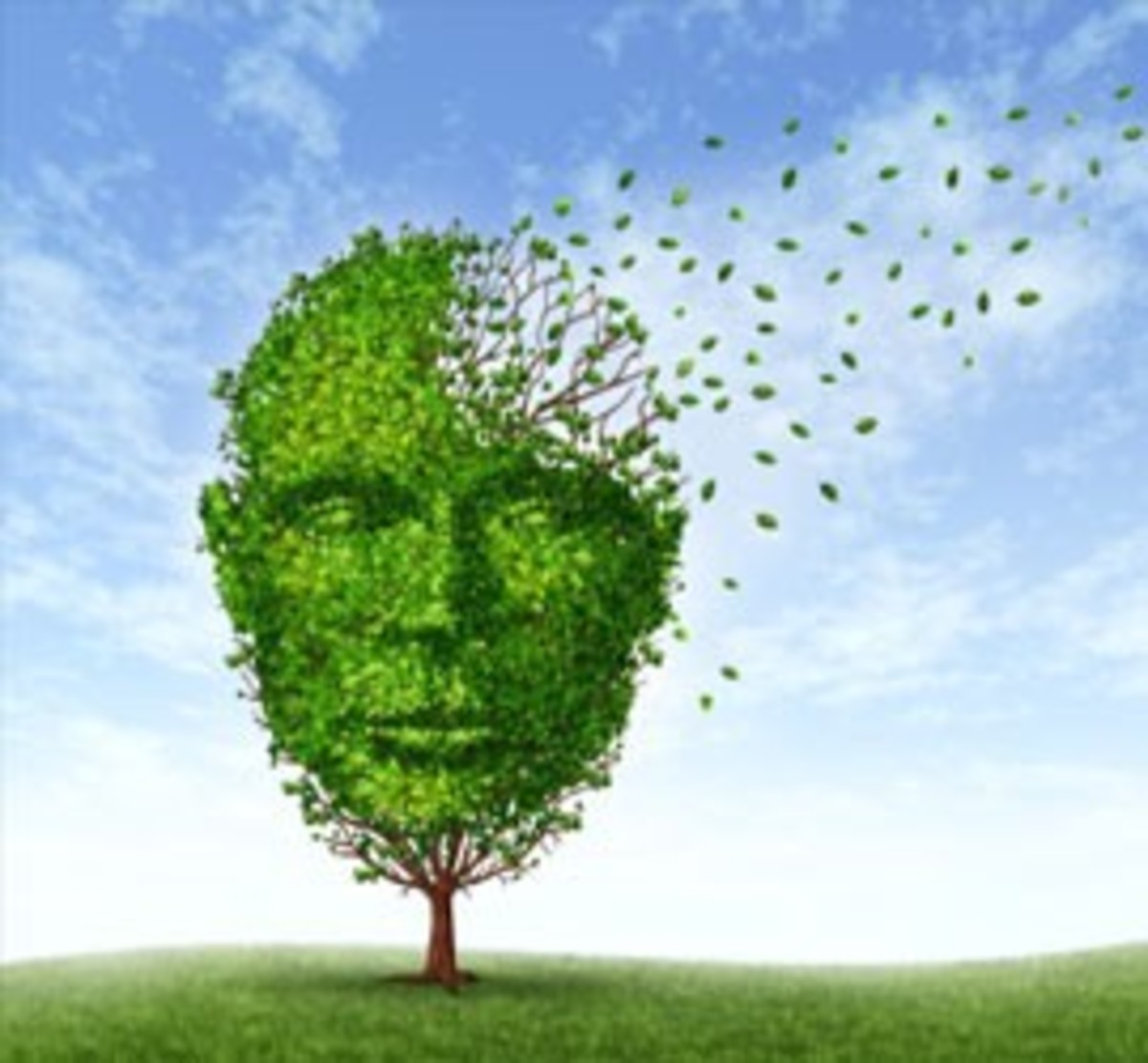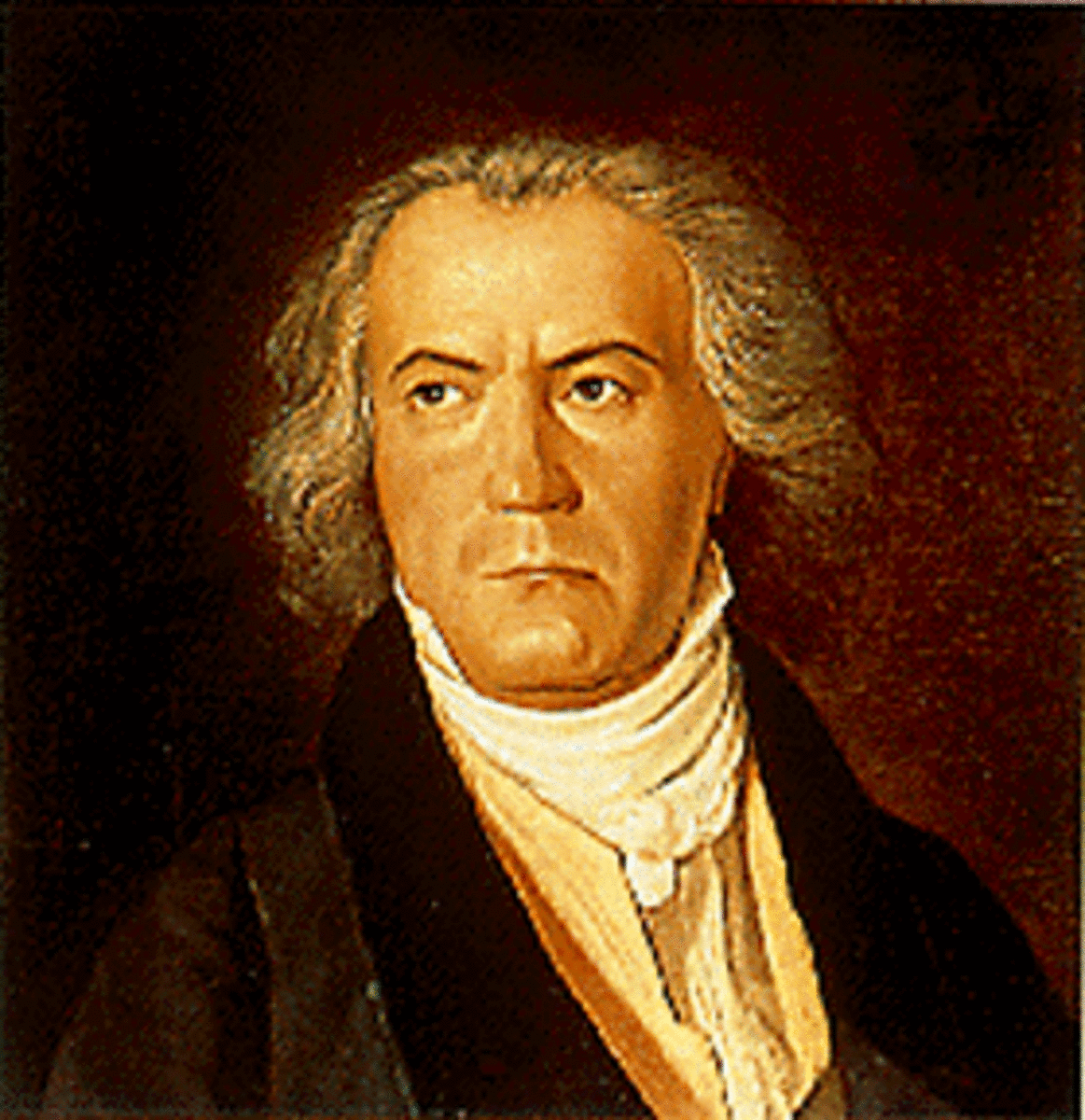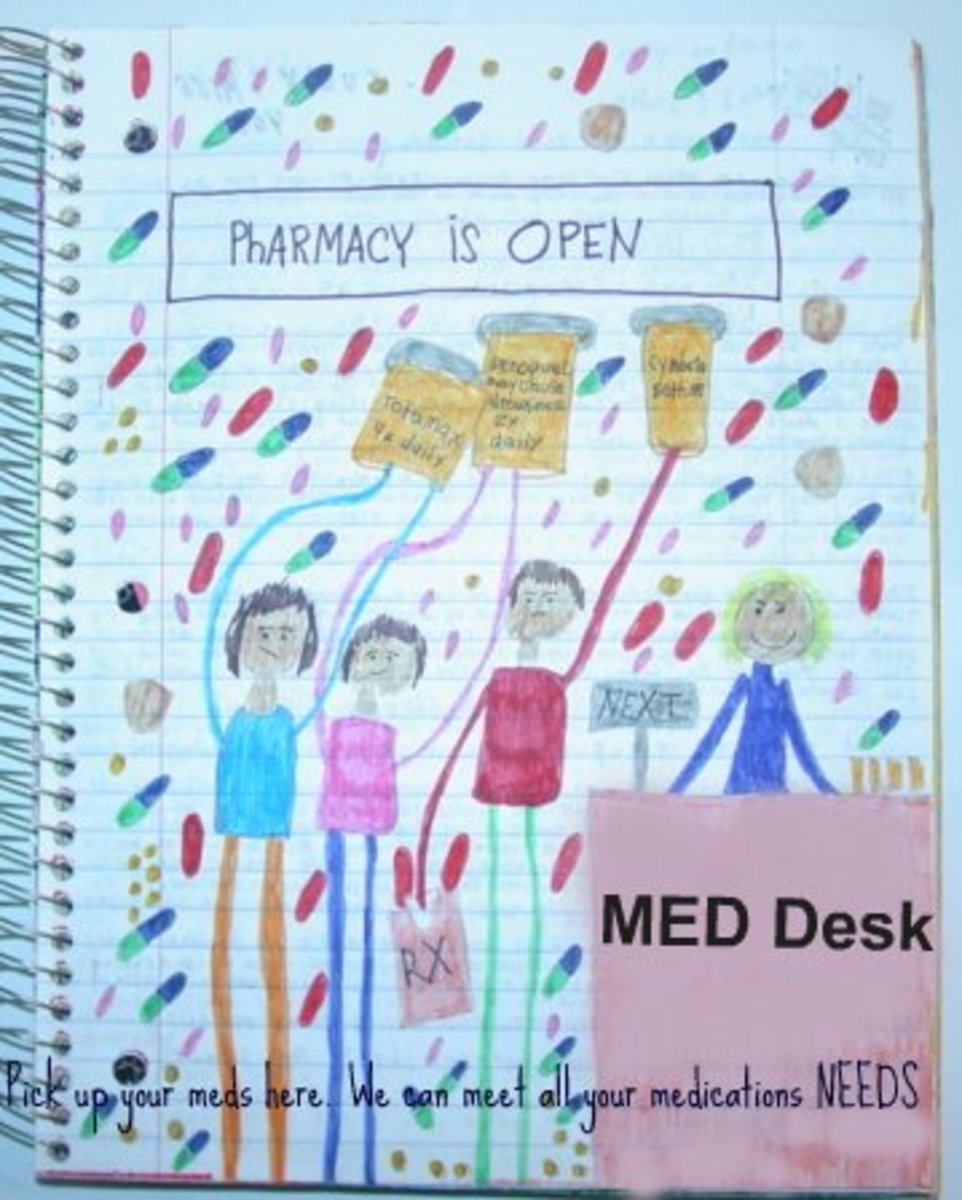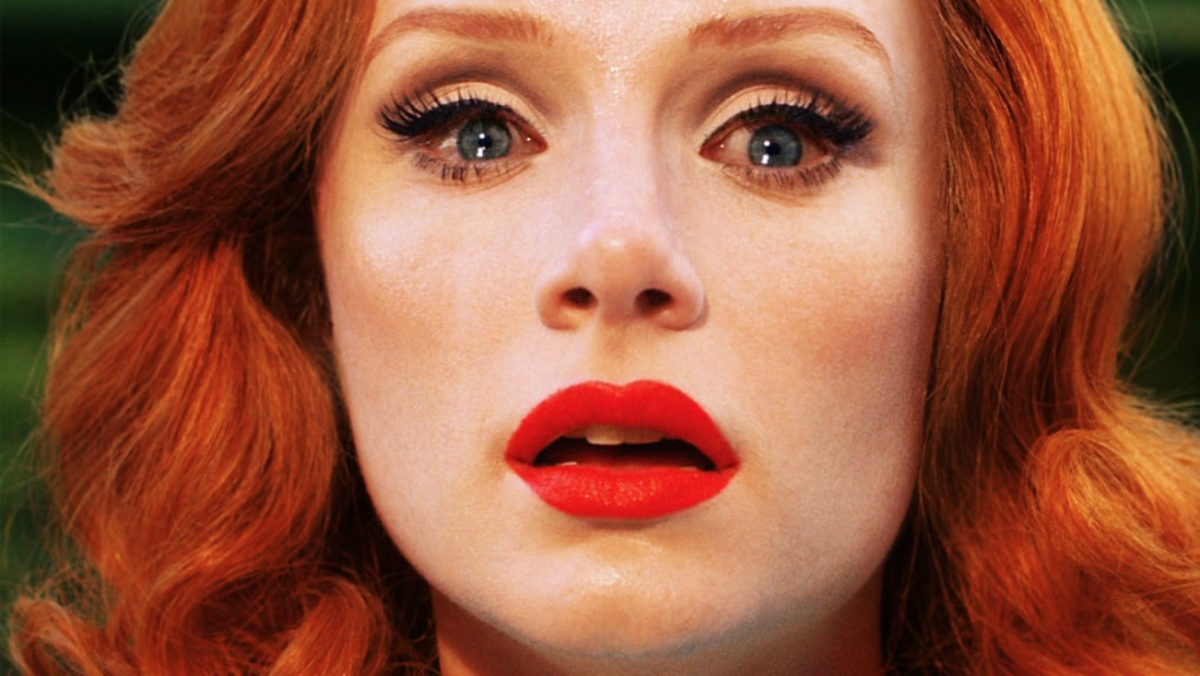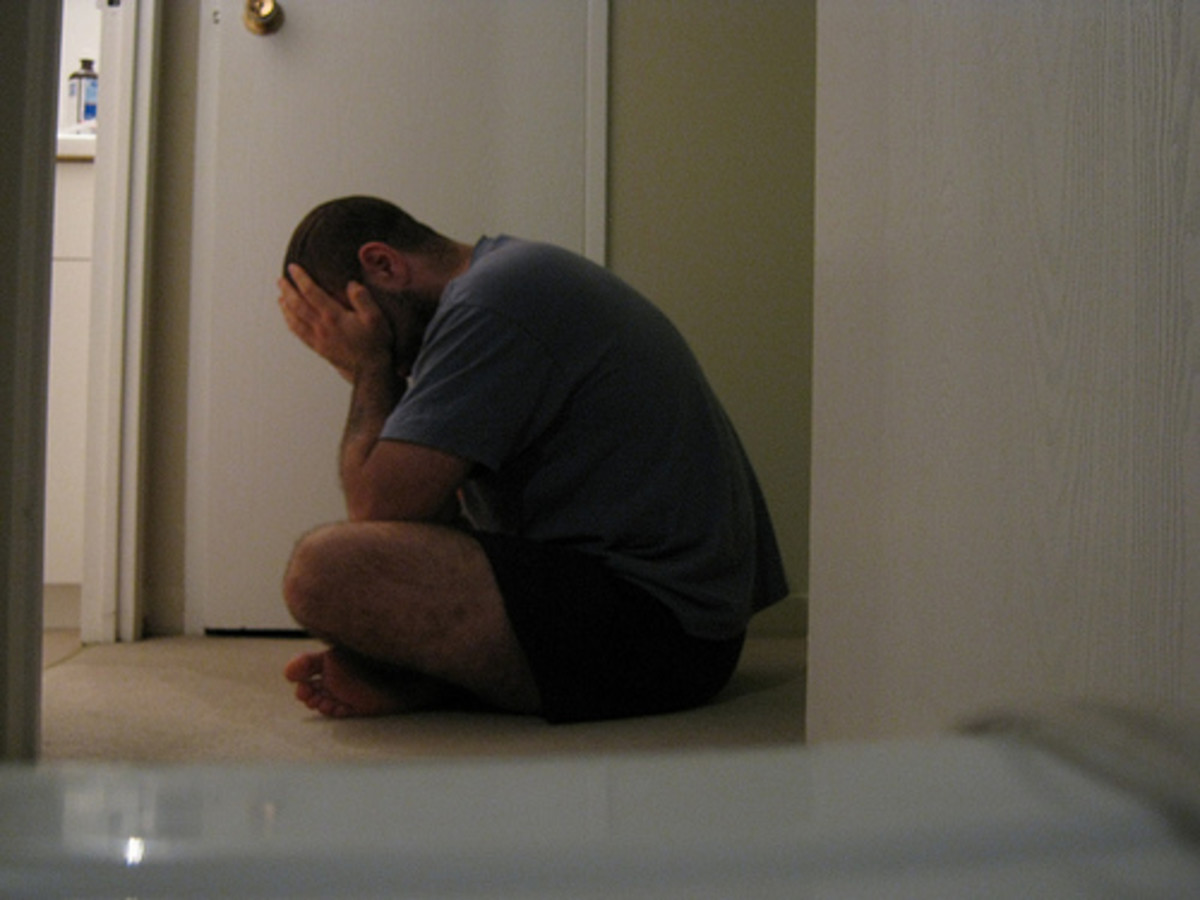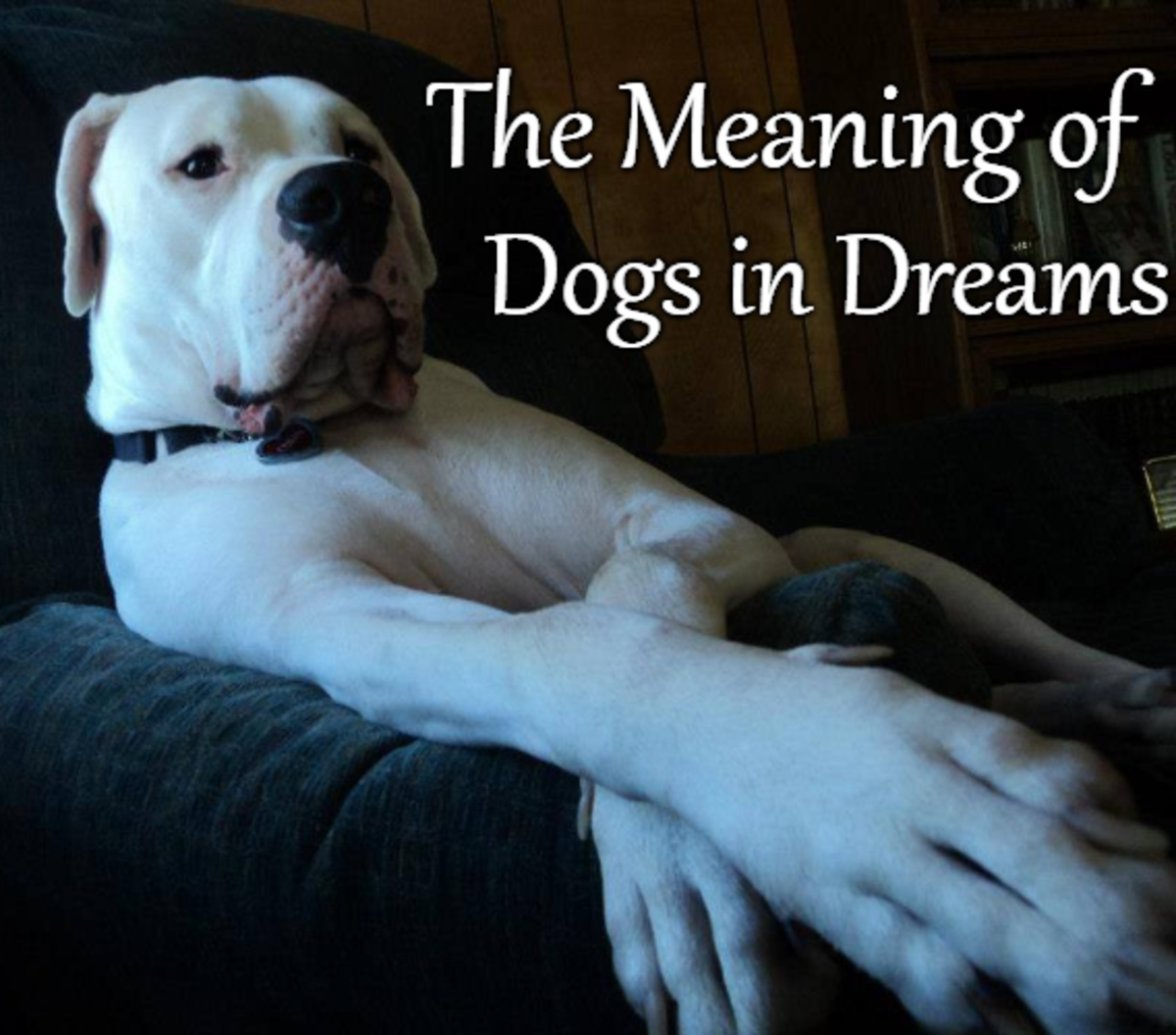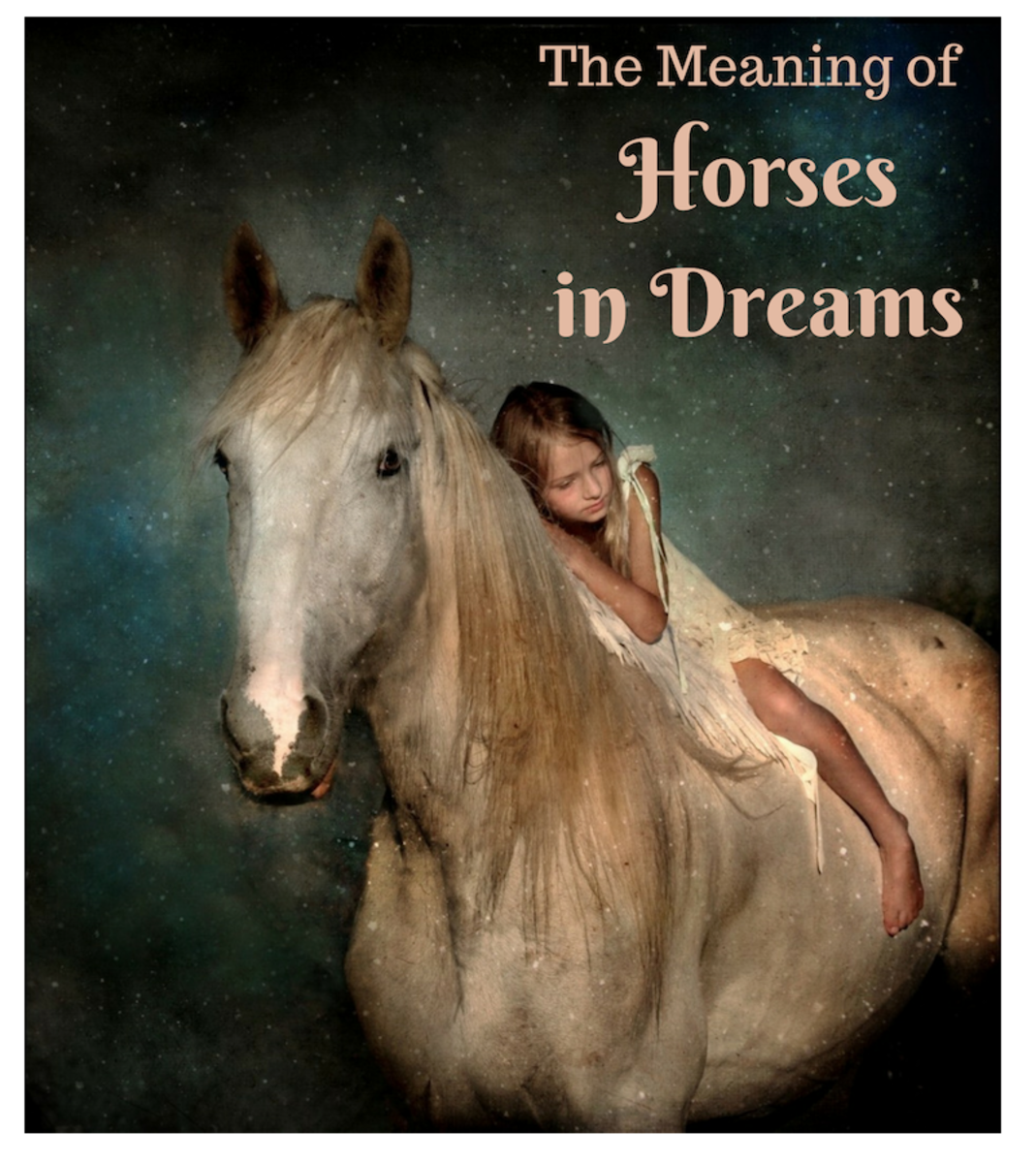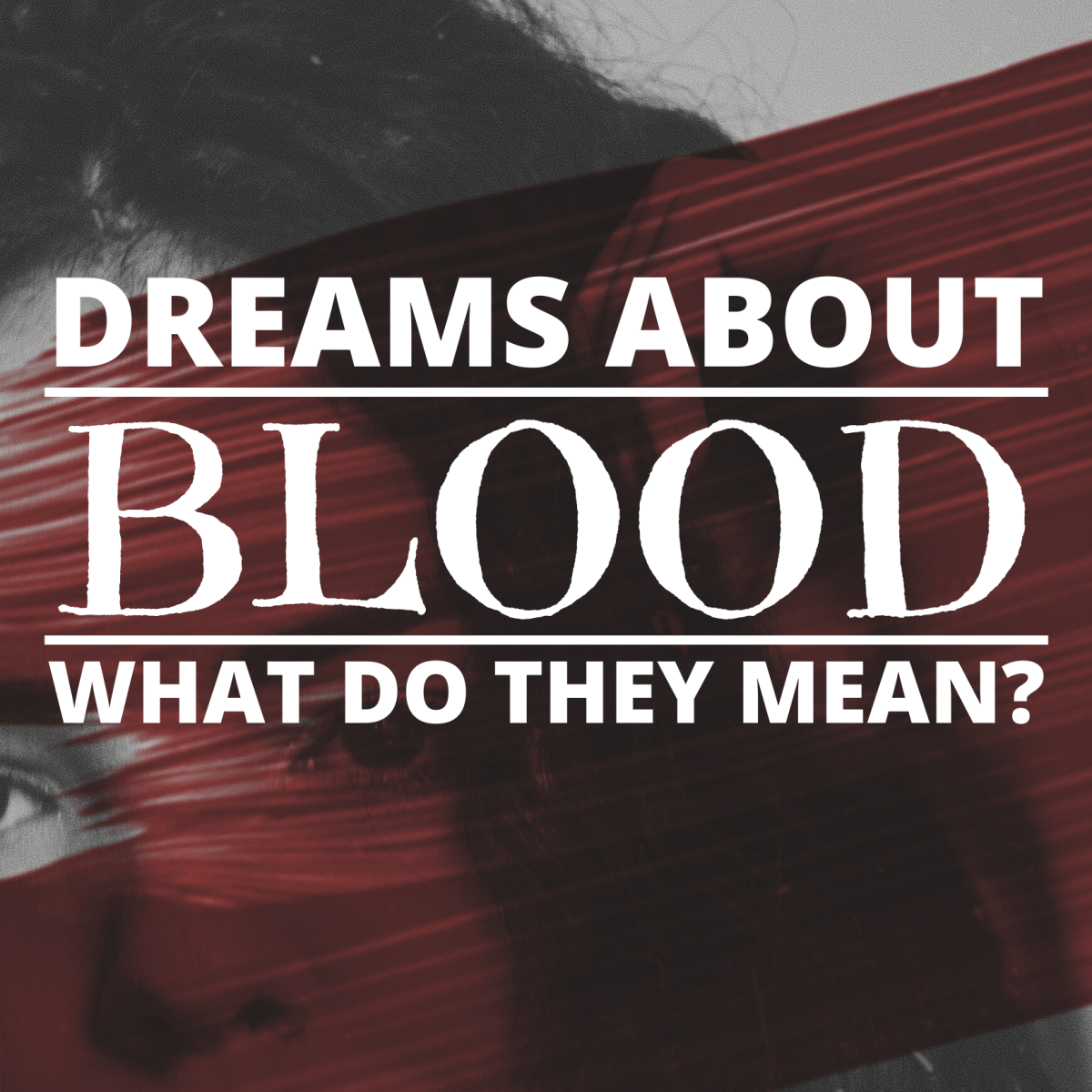Bipolar Disorder, Depression, and Schizoaffective Disorder
Catherine Zeta Jones
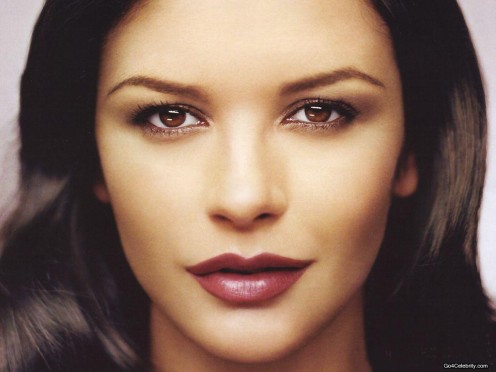
Mental Disorders
When Britney Spears had a very public mental health crisis, comedians and talk show hosts went "over the top" taking cracks at her for having a mental health problem. Then, the media turned to Lindsay Lohan, Amanda Bines, and Charlie Sheen. The term "bipolar" is used to describe anyone who someone doesn't like or is angry with at the time being. However, we as a society forget that bipolar disorder, depression, and schizoaffective disorder are real illnesses the same as asthma is a real illness. They are just illnesses which people appear to not understand.
What is Bipolar Disorder?
Bipolar Mood Disorder is a mood disorder in which someone has extreme mood swings from mania or hypomania (a state of extreme emotional highs) and depression (very low mood). During the manic phase, the person feels euphoric, has tons of energy, and/or irritability. During the depressed phase, the person feels sad, helpless, and loses pleasure in things they would ordinarily like doing. Differentiating mood swings may occur rarely or possibly several times within a year.
Manic Phase
| Depressed Episode
|
|---|---|
a decreased need for sleep
| Intense and often prolonged feelings of sadness, hopelessness, and/ or irritablity
|
racing thoughts and/ or easily distracted
| loss of interest in activities that were once enjoyed
|
constantly talking
| changes in weight or significant weight loss or gain
|
a huge amount of irritability, energy, or agitation
| insomnia or sleeping too much
|
highly jumpy or upbeat
| feeling tired and/ or drained of energy
|
extremely high self confidence
| feelings of worthlessness or inappropriate guilt
|
bad decision making like spending too much money, gambling, and/ or permiscuous and risk taking behavior
| suicideal ideation, planning suicide, or attempting suicide
|
Carrie Fisher
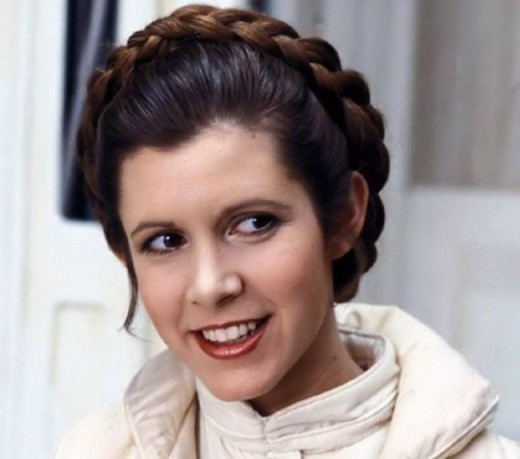
The Three Main Categories of Bipolar
- Bipolar I Disorder: There has been at least one manic episode that came before or after hypomania and or a major episode of depression. A break from reality can occur during an episode of mania as well as depression.
- Bipolar II Disorder: There has been one if not more major depressive episode and at least one hypomanic episode. Yet, the person has never had an episode of mania.
- Cyclothymic disorder: There are many episodes of hypomania and some episodes of depressive symptoms. Yet, there is neither a full episode of either depression or mania.
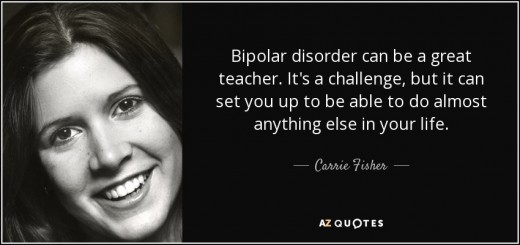
Famous Faces of Bipolar
Although we know Vincent Van Gogh suffered from bipolar disorder, two more modern people who have come public are Carrie Fisher and Catherine Zeta Jones. Carrie Fisher, who is best known for playing the role of Princess Leia in the Stat Wars films, had Bipolar I disorder and went through more than one series of hospitalizations through out her life. Catherine Zeta Jones suffers from Bipolar II, a less severe form of the disorder. However, she has also had to battle the disease.
Ashley Judd

Depression
Actress Ashley Judd came forward that she battled severe depression that landed her in an inpatient treatment facility in 2006 for forty-seven days. Her biological mother, Naomi Judd, also suffered from depression for which she had to seek medical treatment. Naomi described being so depressed that she could not move and she spent two years where she would not leave her couch. The depression was so severe that it made her immobilized. Finally, she was put in a hospital where she got the needed treatment for the illness.
"We do not make enough of the good neurotransmitters in the brain. It's a disease. It has nothing to do with our character.
— Naomi JuddSchizoaffective Disorder
If a mood disorder goes on for very long and is left untreated, it can result in a psychosis the same as not treating strep throat can result in death. Although the causes of Schizoaffective Disorder are still unknown, it is a disease in which symptoms of schizophrenia are accompanied by a mood disorder, either bipolar or depression. This disease effects about .3 % of the population or around one in four hundred people.
Symptoms of Schizophrenia
- hallucinations or seeing and hearing things that are not there.
- Delusions or a set of fixated and false beliefs that the person believes despite evidence that proves the beliefs are not real.
- Disorganized thinking or quickly switching from one topic to another and answering questions with answers unrelated to the question being asked.
- Fragmented speech or stopping mid sentence and not finishing a full sentence while in the middle of a conversation.
- Either depression or bipolar disorder.
Other complications:
Unfortunately, the disease is often accompanied by different illness including:
- anxiety disorders
- P.T.S.D.
- attention-deficit hyperactivity disorder (A.D.H.P.)
- substance abuse disorders and/ or acloholhism
These sources were assessed on February 10, 2019.
- Schizoaffective Disorder | NAMI: National Alliance on Mental Illness
Discover the symptoms, causes, diagnosis advice, treatment options and related conditions of Schizoaffective disorder.
- https://www.today.com/health/naomi-judd-reveals-she-considered-suicide-while-dark-hole-depression-t1
The country star discovered in 2011 that depression can strike at any time and it has nothing to do with being happy or accomplished.
- Bipolar disorder - Symptoms and causes - Mayo Clinic
Bipolar disorder causes extreme mood swings that include emotional highs (mania or hypomania) and lows (depression).

